Scholarships at St. Thomas
97% of first-year students receive merit scholarships that bring the average tuition cost down to $23,068 per year.
The Bachelor of Science in Mechanical Engineering is a hands-on, industry-oriented and career-focused program that blends theory and research with practical engineering fundamentals to prepare you to succeed in this increasingly autonomous and interconnected world. Mechanical engineers research, design, and manufacture an ever-growing list of products that can range from life-saving medical devices that measure brain activity and insulin levels, rocket propellants and smart clothing sensors for autistic children all the way to solar water purification systems and autonomous vehicles.
The University of St. Thomas School of Engineering is consistently ranked in the top 50 undergraduate engineering schools in the country by US News and World Report. Your St. Thomas Mechanical Engineering journey consists of a hands-on, experiential learning in small groups facilitated by faculty with real-word experience. You will apply your curiosity and creativity to enhance your understanding of topics in mechanics, energy and thermal systems, manufacturing, materials, and electro-mechanical devices.
At the same time, you will get a strong foundation in the liberal arts to cultivate critical thinking, oral and written communication and problem-solving skills that will accelerate your path, whether you plan to go into industry or further your academic studies after graduation.
Senior year, you will spend two semesters in our Senior Design Clinic working as part of a team to solve a real-world design challenge provided by an industry partner. This practical challenge mirrors what you will do as a professional engineer and is a critical component of the St. Thomas engineering program. With this in-demand degree, you will be prepared to work in industries focused on product design, medical devices, robotics, automotive, aerospace and more.
Students earning a BS in Mechanical Engineering will complete the University of St. Thomas Core Curriculum requirements and Mechanical Engineering major requirements and allied requirements.
If you are interested in transferring to St. Thomas with an Engineering major, read this information for undergraduate Engineering transfer students.
This is one snapshot of how the plan of study for this major can look. Plans of study exist for students who wish to study abroad, double major or for ROTC.
The Engineering Senior Design Clinic is a two-semester capstone that challenges students to create novel solutions to engineering problems posed by industry and community partners. This course is a critical component of the St. Thomas engineering curriculum as it requires student teams to engage hands-on with real-world design problems and to gain skills in professionalism, communication and project management, all while applying their engineering knowledge. Projects are selected from a broad range of partners to match varying student interest, from multinational corporations looking for fresh ideas to entrepreneurial ventures hoping to take a prototype to the next level.
Students earning a BS in Mechanical Engineering will complete the University of St. Thomas Core Curriculum requirements and Mechanical Engineering major requirements and allied requirements.
If you are interested in transferring to St. Thomas with an Engineering major, read this information for undergraduate Engineering transfer students.
This is one snapshot of how the plan of study for this major can look. Plans of study exist for students who wish to study abroad, double major or for ROTC.
The Engineering Senior Design Clinic is a two-semester capstone that challenges students to create novel solutions to engineering problems posed by industry and community partners. This course is a critical component of the St. Thomas engineering curriculum as it requires student teams to engage hands-on with real-world design problems and to gain skills in professionalism, communication and project management, all while applying their engineering knowledge. Projects are selected from a broad range of partners to match varying student interest, from multinational corporations looking for fresh ideas to entrepreneurial ventures hoping to take a prototype to the next level.
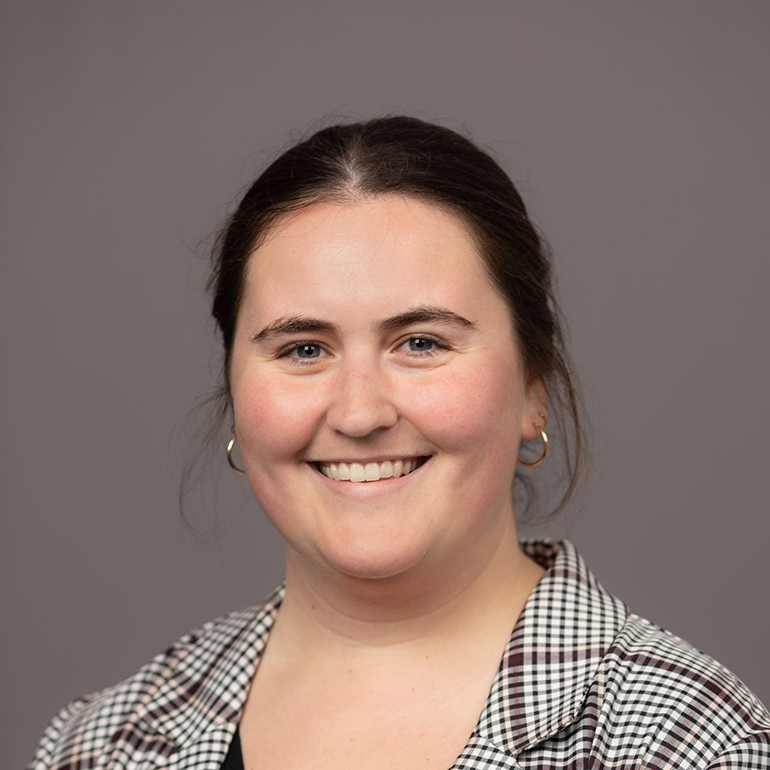
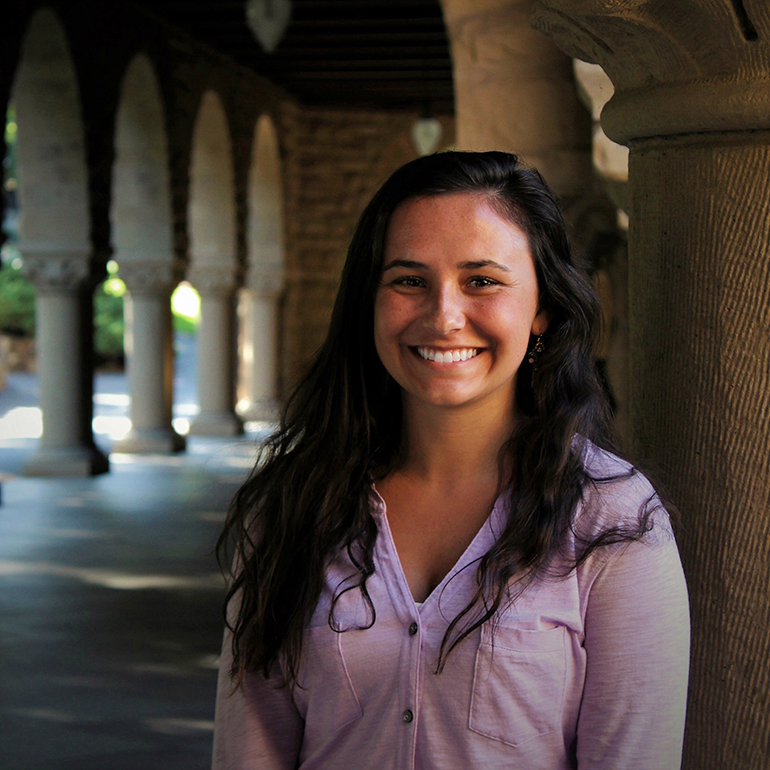
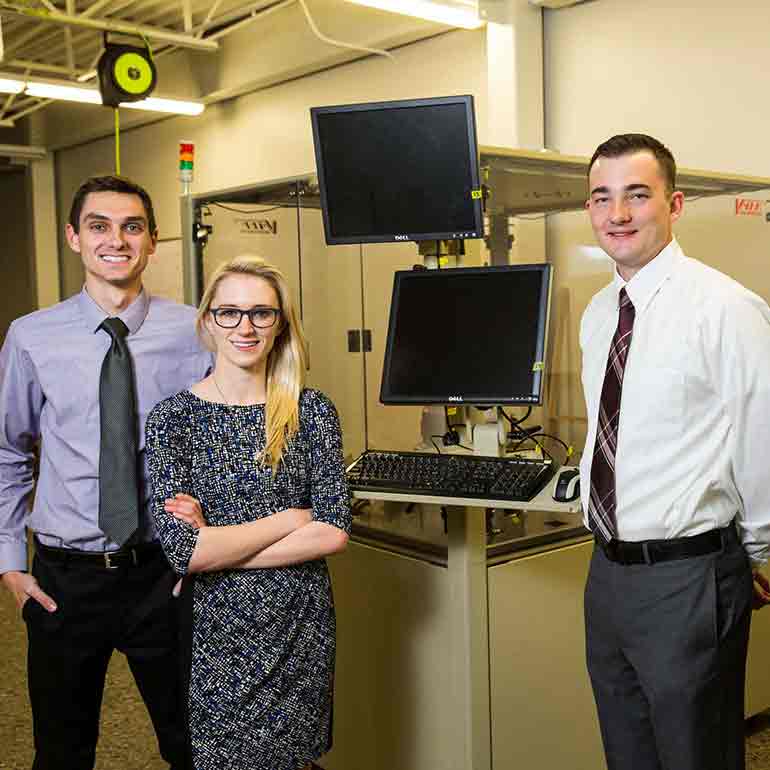
As a student, Lindsey (Bollig) Falzone ’17 worked with a research team to build magnetic transformer cores to transfer electrical energy between circuits. But to build them, they first had to build a specialized 3D printer that was able to handle the corrosive iron particles in the magnetic composite filament used to create transformer cores. “I did things at St. Thomas I never thought I’d accomplish as a student,” Falzone said. “I learned to think creatively and come up with out of the box solutions.” Today, Falzone is a systems engineer at Collins Aerospace.
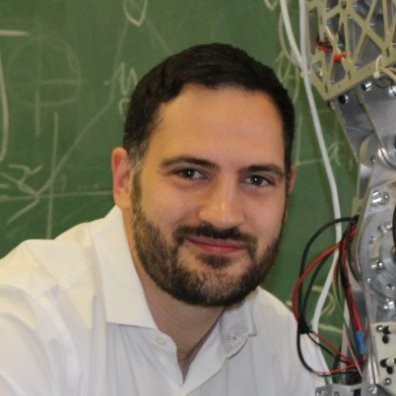
St. Thomas mechanical engineering graduate, Dr. Aaron Ames ‘01 is an expert on the leading edge of robotics, operating a robotics lab out of Caltech and collaborating with entities such as NASA, Disney and Amazon. Dr. Ames is working on robotic prosthetics to help people who have lost lower limbs walk more easily. He gives credit to St. Thomas Engineering faculty who saw potential in him. He said that was incredibly striking and an experience he doesn’t think he would have gotten at other schools.
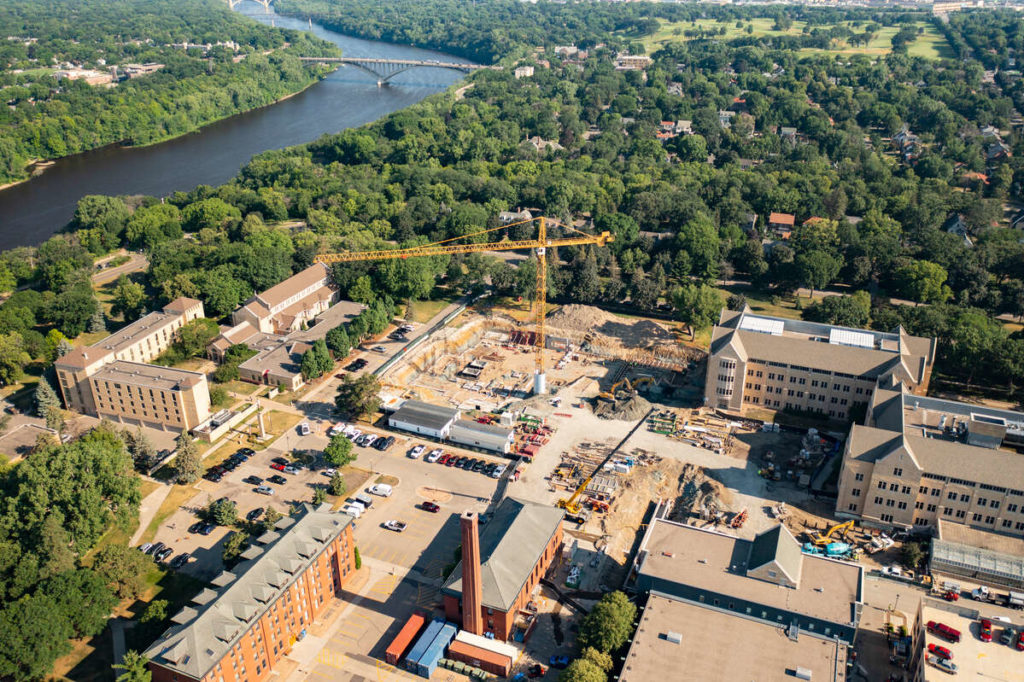
The new Schoenecker Center will add more than 40,000 square feet of engineering labs, classrooms, and collaboration spaces, including a 900-square-foot state-of-the-art Robotics and Automation Laboratory facility for robotics and research questions involving machine vision, part manipulation and assembly.
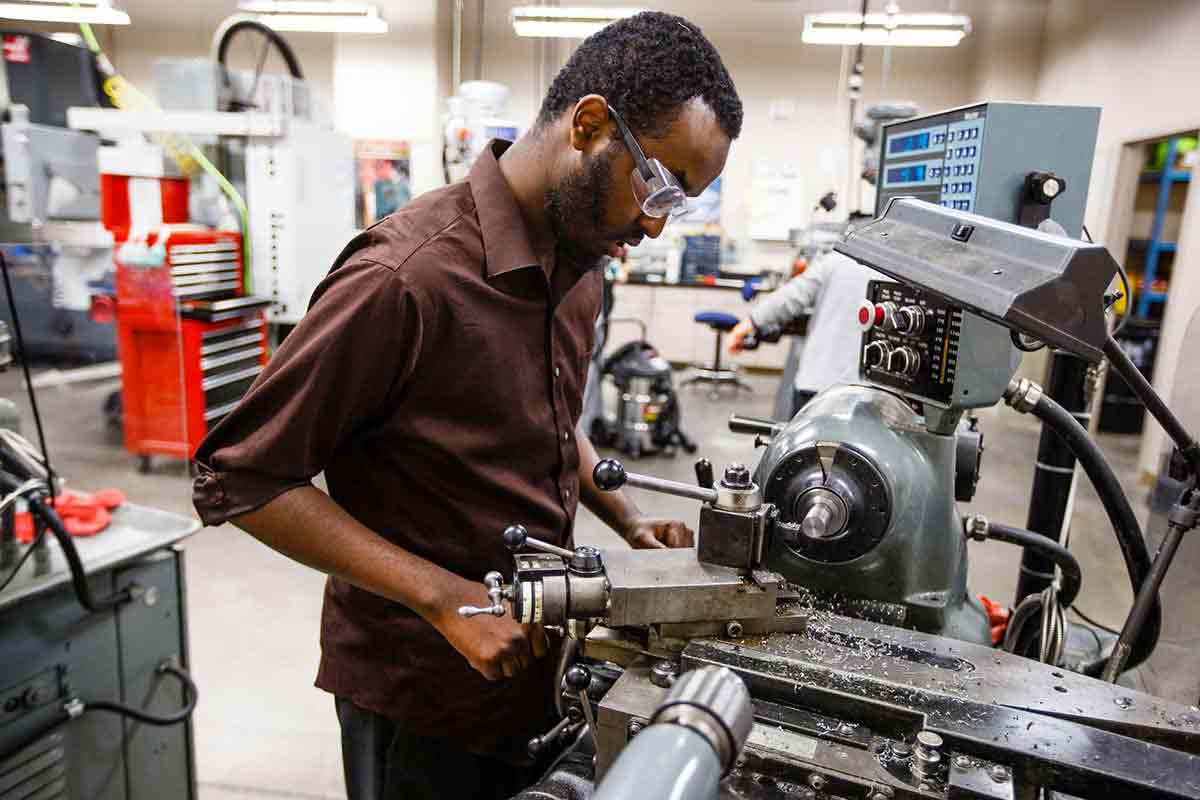
The University of St. Thomas School of Engineering helps you build your resume from day one. You will have the opportunity to engage in research with faculty, become a global learner, participate in co-op and internship programs, connect with potential employers during our annual reverse career fair, build your network with a wide a variety of tech companies, and enjoy lifetime career development support.
Meet the Engineers in a Reverse Career Fair held every fall. St. Thomas engineering students interested in full-time employment and internships represent themselves with a poster board and standby as prospective employers walk and talk with students about their particular goals, interests and talents.
80% of engineering students graduate with a technical internship in industry. (Many with more than one!)
The Twin Cities is one of the leading tech areas in the United States with over 136,000 tech jobs* and over 600 companies are within 20 minutes of campus including: 3M, Honeywell, Ecolab, Polaris, Medtronic, Cargill, Xcel Energy, Cargill, Graco, and Boston Scientific.
*Why the Minnesota Technology Corridor? https://www.mntechcorridor.com/collaboration/why-the-Minnesota-technology-corridor
Access to tools and resources, including career webinars, resume assistance, interview prep and one-on-one advice.
Collaborate with faculty and engage in hands-on research right from the start as a St. Thomas engineering student.
Take advantage of study abroad opportunities to learn and grow through life-changing global experiences.
97% of first-year students receive merit scholarships that bring the average tuition cost down to $23,068 per year.
Several competitive scholarships are available for first-year students planning to major in engineering, science and mathematics. There are also undergraduate scholarships available for returning engineering students each academic year.
is the median annual pay for mechanical engineers in 2021.
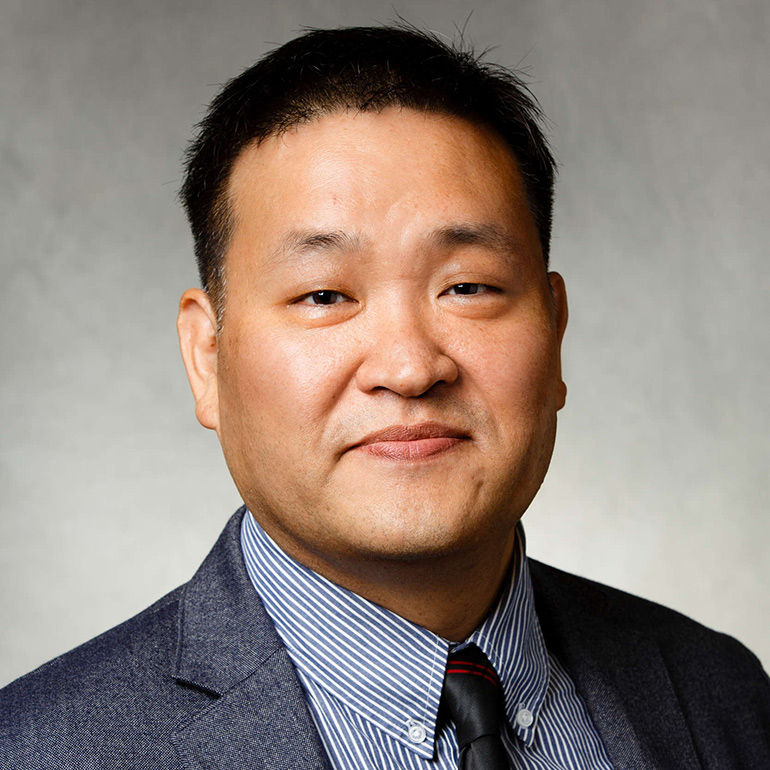
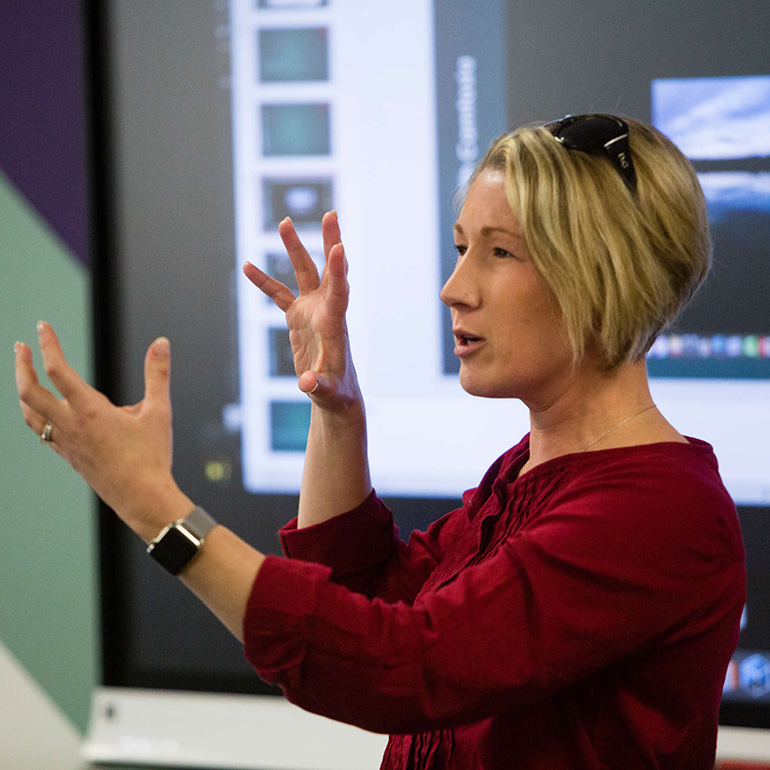
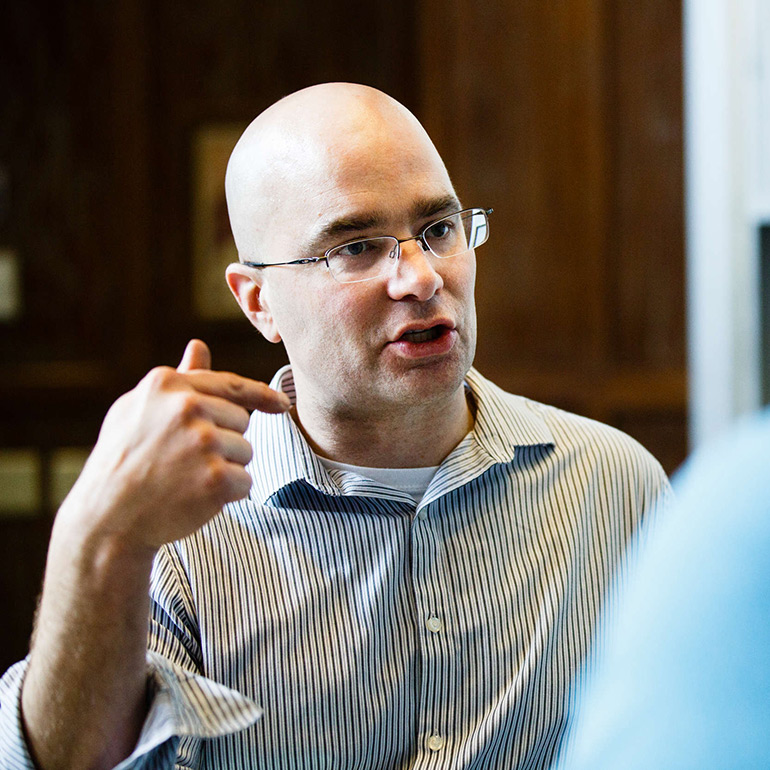
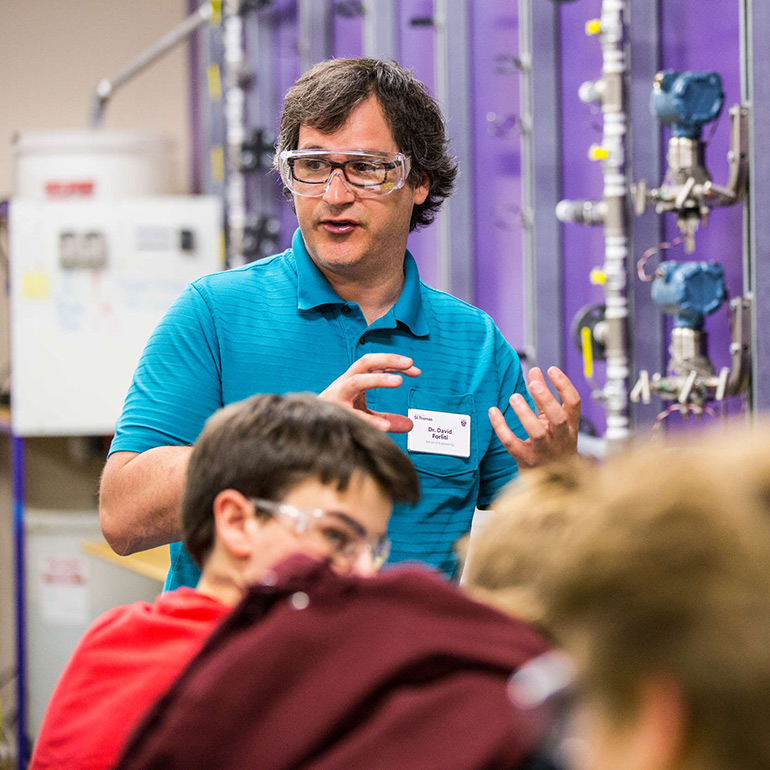
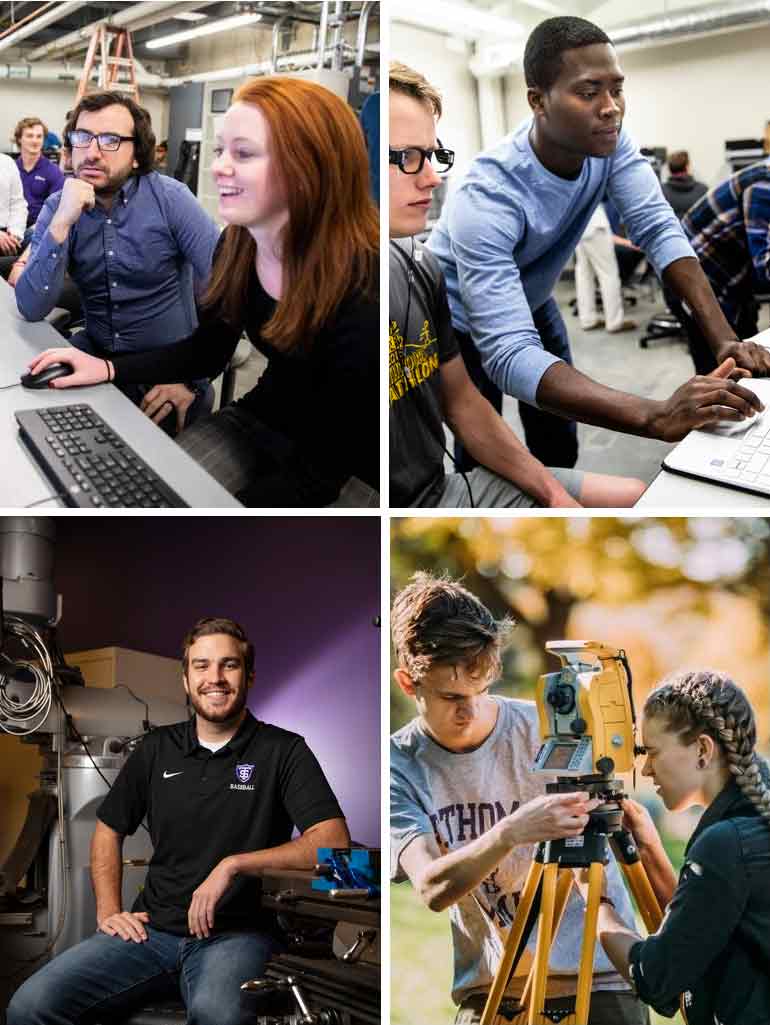
Become a Global Engineer
The German and Engineering dual degree program prepares graduates for meaningful careers in a globally minded and diverse world. Spending a year abroad, the combination of foreign language and engineering studies lets students apply their language and culture skills to engineering and vice versa.
The University of St. Thomas bachelor's degree programs in Civil Engineering, Computer Engineering, Electrical Engineering and Mechanical Engineering are accredited by the Engineering Accreditation Commission of ABET, the global accreditor of college and university programs in applied science, computing, engineering and engineering technology. ABET, 415 North Charles Street, Baltimore, MD 21201.
The University of St. Thomas is accredited by the Higher Learning Commission (HLC).
Graduates of the University of St. Thomas Bachelor of Science in Mechanical Engineering (B.S.M.E) program are expected to achieve one or more of the following:
Adopted: August 13, 2002. Revised: May 6, 2022.
Graduates of the program have:
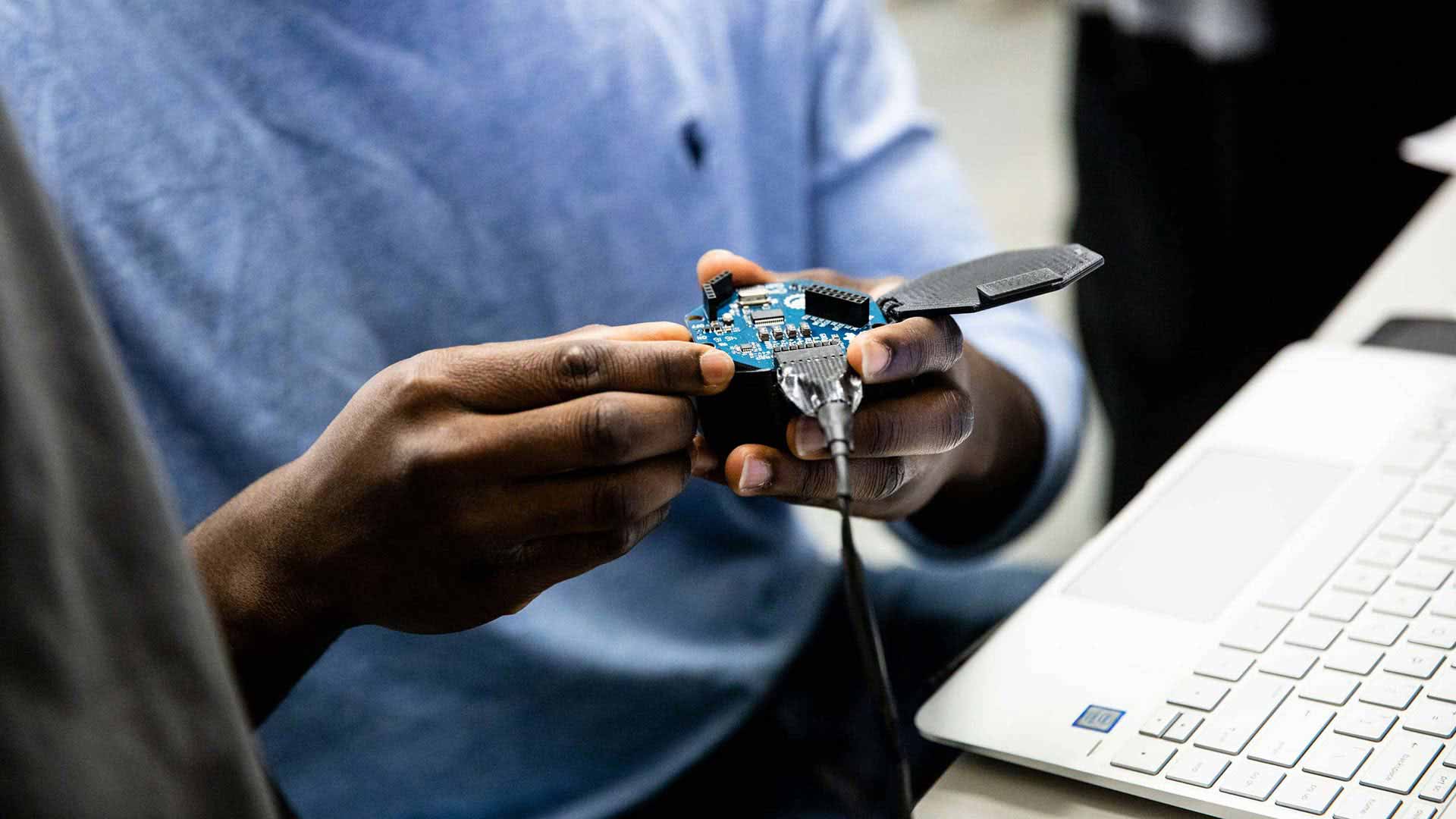
It takes more than theory to transform an idea into useful technology for our society. St. Thomas engineers emerge with practical, hands-on experience, the power of strong communication skills and the broad perspective of a liberal arts education. Our rigorous engineering programs are designed to transform the young creative minds of our students into engineers who can truly make a difference in the world.
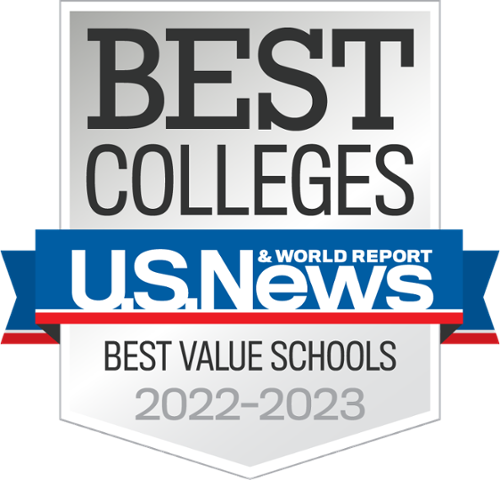 There is more to learn about St. Thomas; including our ranking as a Best Value School by U.S. News & World Report, the many classroom and extracurricular activities that will be part of your student experience and so much more. Schedule a visit to see our beautiful campus or start your application today.
There is more to learn about St. Thomas; including our ranking as a Best Value School by U.S. News & World Report, the many classroom and extracurricular activities that will be part of your student experience and so much more. Schedule a visit to see our beautiful campus or start your application today.